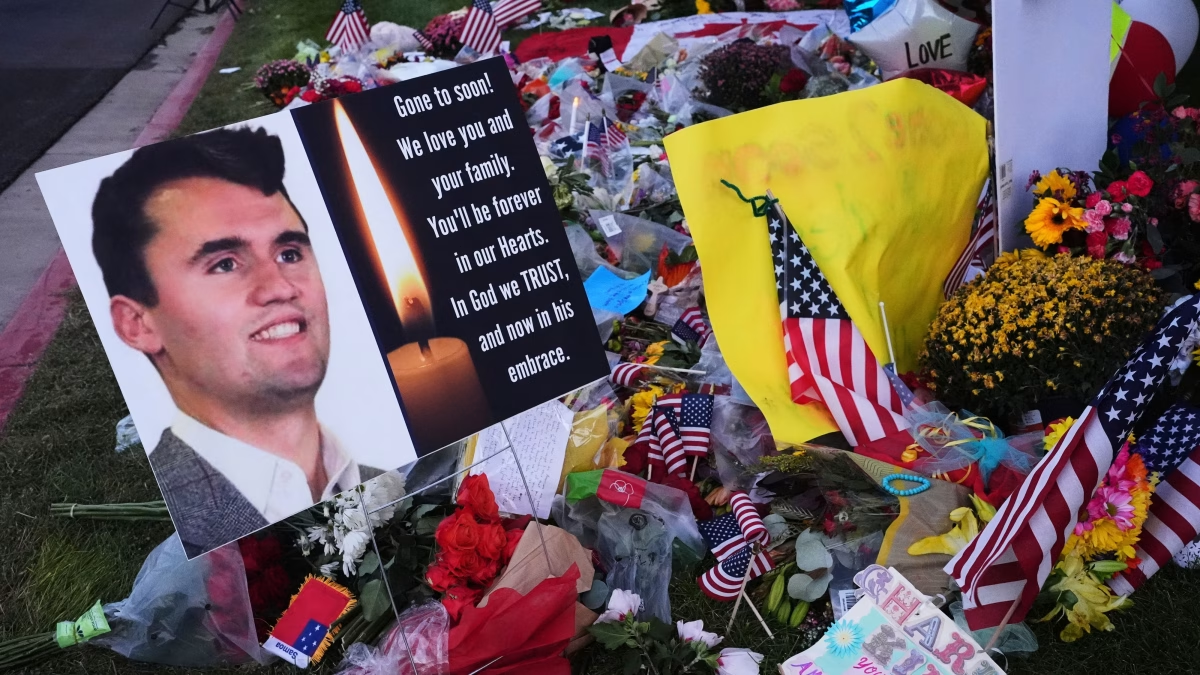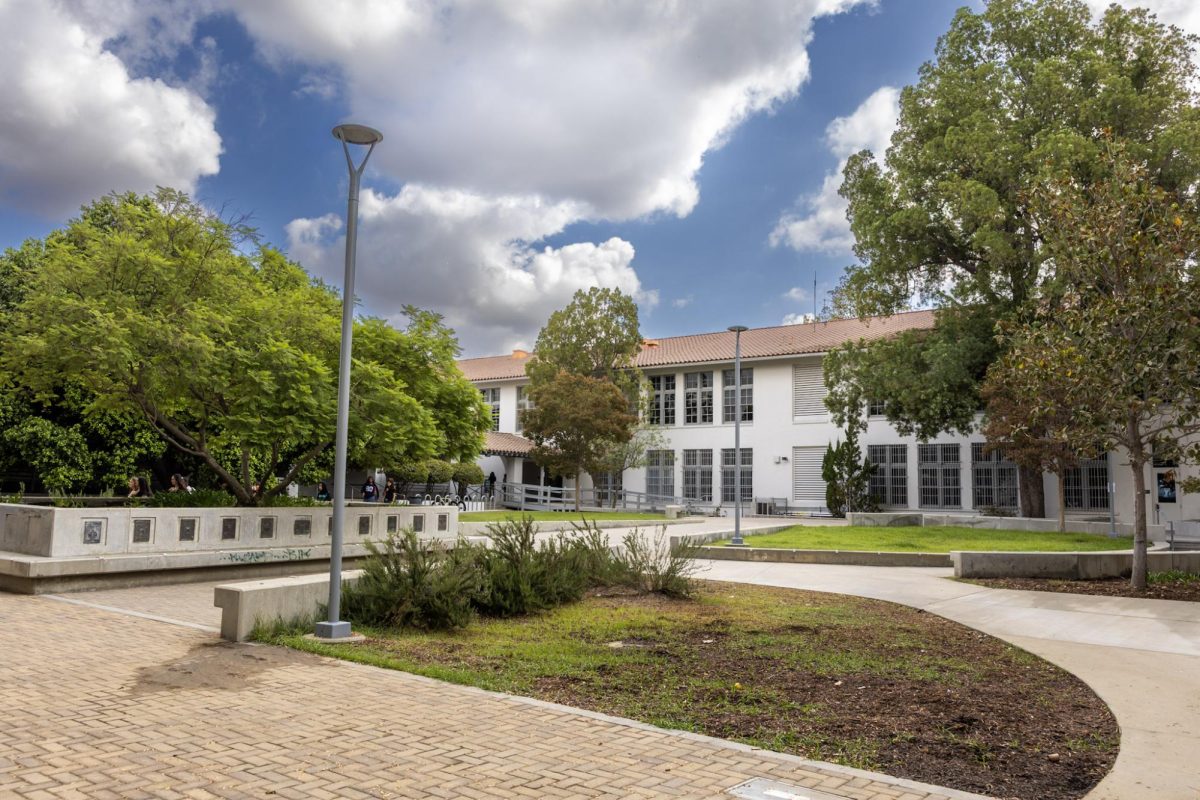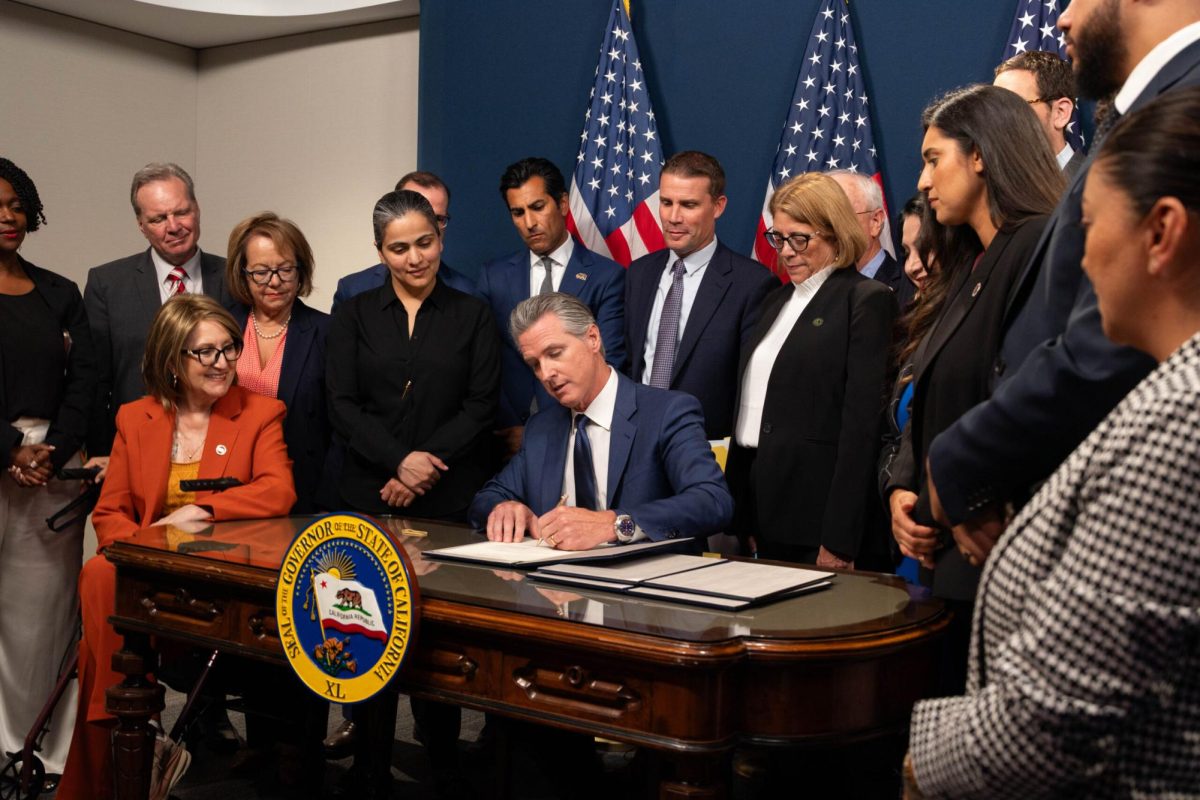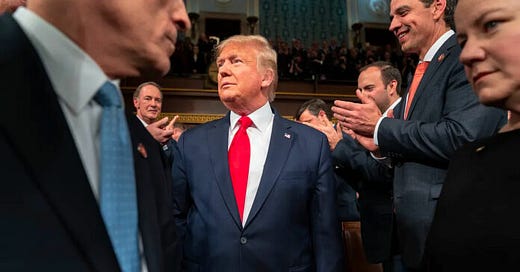On September 10, 2025, Kirk’s life was fatally brought to an end at a stop on his tour at Utah Valley University. At approximately 12:20 p.m., the atmosphere shifted instantly. As Kirk responded to a question about mass shootings, a single shot rang out from the direction of a nearby rooftop. What had moments earlier been an exchange of words turned, in seconds, into a scene of panic and horror.
Despite efforts by first responders, Kirk’s wound had proved fatal. By late afternoon, officials confirmed that he had died of his injuries. Public sceneries and social media platforms were flooded with debates on whether individuals agreed with his murder, or went against the political violence it promotes.
At North Hollywood High School, students found out just a little before lunchtime, resulting in some students proudly celebrating in the halls while others expressed empathy for Kirk and his family.
After class, students excitedly run up to each other and cheerfully exclaim, “Charlie Kirk got shot!” while squealing and jumping in each other’s arms. An alarming number of students seemed to be jumping for joy in response to the news about Kirk.
Yet after the initial outburst, the tone shifted. One student asked, “Wait, what actually happened?” prompting the group to recount the shooting and share details they had seen online. Their conversation quickly moved beyond shock and joy to a debate about whether Kirk “had it coming” given his controversial rhetoric. Others then described the assassination as unsurprising as it was directed towards people who did not agree with his political stance. What began as excitement turned into a debate over whether such violence could ever be justified, or whether it reflected a dangerous new normal.

Nevertheless, not all students at NHHS were gratified to hear of Kirk’s shooting. In Kennedy’s hall a conversation occurred, where a group of friends shared the video of Kirk’s shooting. Arguing about the humanity behind the action, whether it was “ironic” or “undeserved.” One stating, “You’re okay with killing someone just because you don’t agree with them? What if the roles were switched?” With dissensions rising up, one student ended up walking away due to the heated argument where different opinions were presented. On one side, some felt sympathy for him, while on the other hand, some felt like “karma” fell onto him.
With different perspectives clashing, several students and classrooms went into debate over the tragedy. Individuals took their fuel, and expressed it publicly on their social media. These posts often resulted in serious consequences, including public harassment, doxxing, cyberbullying, and even death threats.
Later, on the day of Kirk’s shooting, after returning home from school, many emotions began to settle in. Several students across the San Fernando Valley uploaded their opinions onto social media platforms, predominantly on Instagram’s create-mode feature. Students expressed their opinions, some even writing that they feel no amount of sympathy for Kirk, due to his strong conservative activism and far right mindset. Other students shared more heartfelt opinions, writing despite their disagreement with Kirk’s beliefs, they sent condolences to his family through these difficult times.
Many users attempted to defend Kirk, writing, “[H]e was still a human being, and a father. No one deserves to be killed.” Other students quickly contrasted their perspectives, writing along the lines of him “foreshadowing” his fate. Many individuals that were justifying the killing of Kirk would use his own words against him, writing, “Well, he loved the second amendment and said that empathy was made-up, and a ‘new age term’.”
Although students appeared outspoken on social media, the same confidence did not always translate offline. Some students even went as far as unfriending classmates that shared opposing viewpoints as them to avoid any confrontation.

While the mourning, forgiving, politicizing, and posturing went on, the Arcade Editor Board asked students if they were willing to participate in interviews for this article. Many hesitated, fearing that openly sharing their opinions could spark backlash or jeopardize their status among peers. For some, posting a quick statement online felt safer because it was surrounded by the voices of others, while speaking on the record carried the weight of full accountability.
The intensity of the online reaction reflected Kirk’s high profile in American politics, a position he had built from the young age of 18. Known for his fast-paced debating style and conservative opinions, Kirk rapidly gained a following on all social media platforms, such as X and YouTube, to express and advocate for his political views. Over time he became a prominent supporter of President Donald Trump, often blending cultural commentary with political advocacy.
However, Kirk’s death also lands in a broader issue where political violence is no longer rare but increasingly normalized. A recent example that shook the nation was the attempted assassination of former Minnesota House Speaker Melissa Hortman and her husband, followed by the brutal killing of State Senator John Hoffman and his wife, in June of 2025.
Young people saw this unfolding on the news and across social media: horror, grief, and the troubling message that even elected leaders are no longer safe. Yet, within our own hallways, these tragedies often lose their urgency as days pass. What at first circulates widely in group chats or becomes the subject of heated lunchtime debates soon fades into the background, mentioned only when new details surface in the news or when another violent act occurs.
At NHHS, as elsewhere, Kirk’s death has already slipped from daily discussion, treated less as a pressing matter and more as passing headlines. This fading attention raises a troubling question: have we grown so accustomed to political violence that it no longer shocks us?
That generational impact makes clear why The Arcade team feels compelled to address political violence directly.
The Arcade’s Take On: Political Violence

We, The Arcade team, stand firmly against political violence in all its forms. The killing of Charlie Kirk serves as a harsh reminder of the dangers of allowing political disagreement to cross the line into violence and, at its worst, death. No matter where one stands politically, violence is never a justified response to opposing views. Political debate should be rooted in dialogue, persuasion, and respect, not intimidation or bloodshed. To end a life over politics is not only a crime against an individual but also against the principles of democracy itself. We must reject this path and idea entirely and insist that ideas, not violence, are the tools of change.
At the same time, Kirk’s death raises urgent concerns which our society cannot ignore: the easy access to firearms, the struggle to receive mental health resources, and the deepening habit of viewing people of opposing political views as enemies rather than fellow citizens. Until these issues are addressed, the cycle of violence will continue, and events such as assassination attempts and killings will feel less like isolated tragedies and more like an inevitable part of American life.
One’s life should never be determined, or ended, by their political views. The Arcade does not support or condone political violence in any circumstance, whether we agree with someone’s beliefs or not. While we do not grieve for Charlie Kirk as we did not share his views, we can still express sympathy for his family, his wife, and for his children who must now grow up without a father.
Violence should never be the answer, and his death stands as a warning of the dangers that come when politics turn deadly, and acts as a cruel reminder of the risk that comes with freedom of speech.







